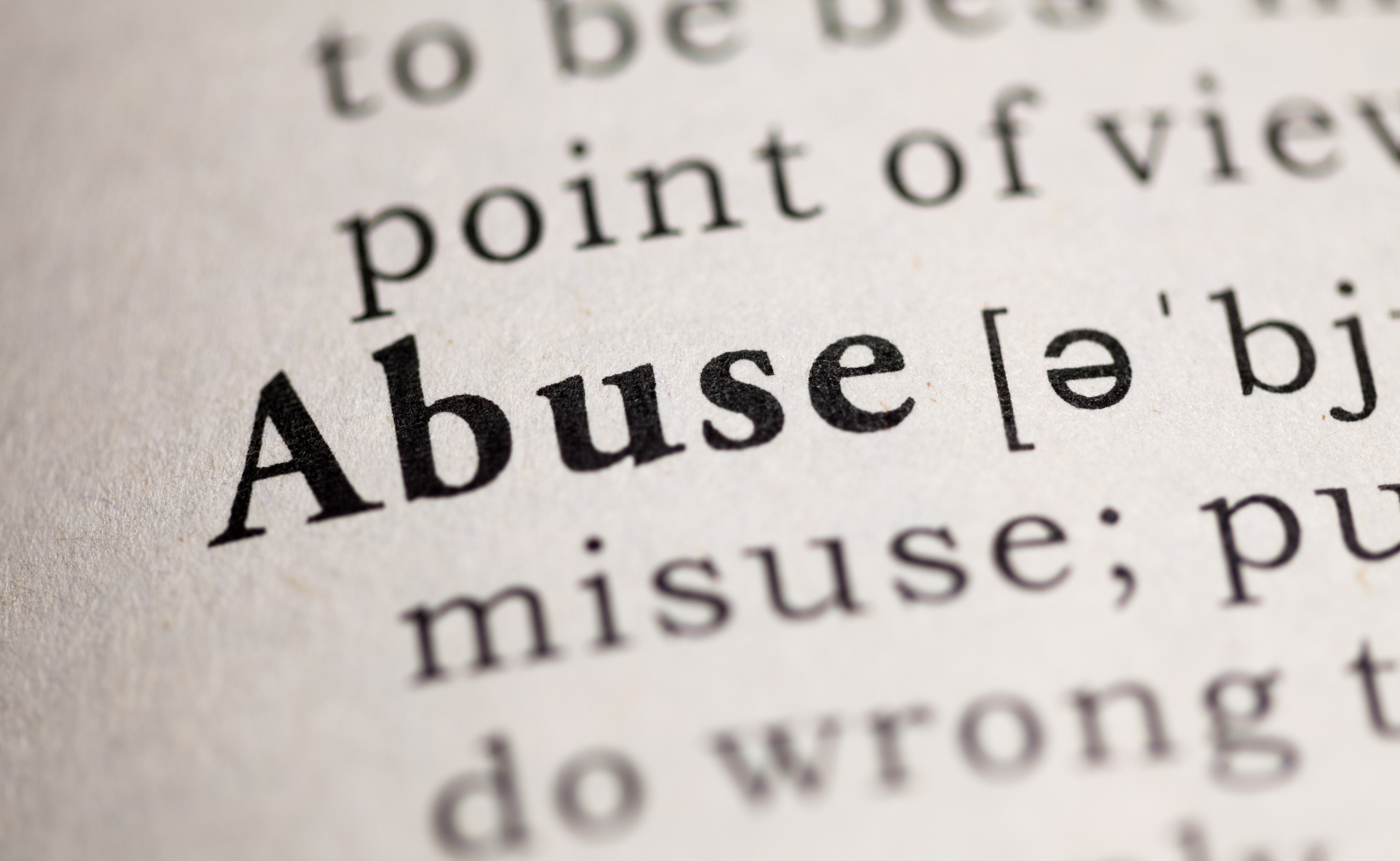Substance abuse, especially alcohol misuse, is a serious issue that can impact your physical health, mental well-being, relationships, and daily life. Recognizing the early signs you have a drinking problem can be difficult, but it’s a crucial first step toward getting help and beginning recovery.
Here are some important questions to ask yourself if you’re concerned about your drinking habits:
Are you using alcohol to cope with stress or emotions?
If you find yourself reaching for a drink whenever you’re feeling anxious, sad, lonely, or overwhelmed, it could be a sign you have a drinking problem. Using alcohol as an emotional crutch often leads to a deeper dependence over time.
Have you tried to quit drinking but failed?
If you’ve made promises to yourself or others to cut back or stop drinking — but keep falling back into the same patterns — it’s a strong indicator that alcohol has taken hold in an unhealthy way.
Are you experiencing negative consequences because of drinking?
Signs you have a drinking problem often show up as real-world consequences. These might include trouble at work or school, strained relationships with family and friends, financial issues, or even legal problems like DUIs.
Are you drinking in risky or dangerous situations?
If you find yourself drinking before driving, operating machinery, or putting yourself or others in harm’s way, it’s a red flag. Risky behavior while drinking is one of the clearest signs you may have a drinking problem.
Do you feel like you can’t function without alcohol?
Needing a drink to get through the day, to socialize, or to relax isn’t just a bad habit — it’s a sign of alcohol dependence. If you feel like you can’t function normally without alcohol, it’s time to seek help.
What is a symptom of a problem drinker?
A common symptom is not being able to control how much or how often you drink, even when it causes problems. Other symptoms include:
-
Drinking to cope with stress, anxiety, or sadness
-
Making promises to cut back but not following through
-
Needing more alcohol over time to get the same effect (tolerance)
-
Hiding drinking or lying about it
What is the 1/2/3 drinking rule?
The 1/2/3 rule is a guideline for low-risk drinking. It typically means:
-
1 drink per hour
-
No more than 2 drinks per day
-
No more than 3 drinking days per week
What are the first signs of damage from alcohol?
Early signs of alcohol-related damage can include:
-
Frequent blackouts or memory problems
-
Stomach issues like ulcers or acid reflux
-
Liver strain, which can show up as fatigue, nausea, or yellowing of the skin (jaundice)
-
Changes in mood, such as increased anxiety or depression
-
Sleep disturbances and trouble concentrating
Even before obvious physical symptoms, mental health often takes a hit first
What is considered a drink problem?
A drink problem is when alcohol starts causing negative effects in your life — even if you’re not drinking every day
Signs include:
-
Drinking more or longer than intended
-
Wanting to cut down but not being able to
-
Spending a lot of time drinking or recovering from drinking
-
Craving alcohol
-
Letting drinking interfere with work, school, or home life
-
Continuing to drink even when it causes physical, emotional, or social problems
It’s not about how much you drink compared to others — it’s about how alcohol affects your life.
If you answered “yes” or related to any of these questions, it may be time to consider seeking help. There are many effective options available for addressing alcohol problems, including therapy, medication-assisted treatment, support groups like AA, and outpatient or inpatient programs.
Recognizing the signs you have a drinking problem is not a sign of weakness — it’s a courageous first step toward reclaiming your health, your relationships, and your life. Recovery is possible, and help is available when you’re ready.
